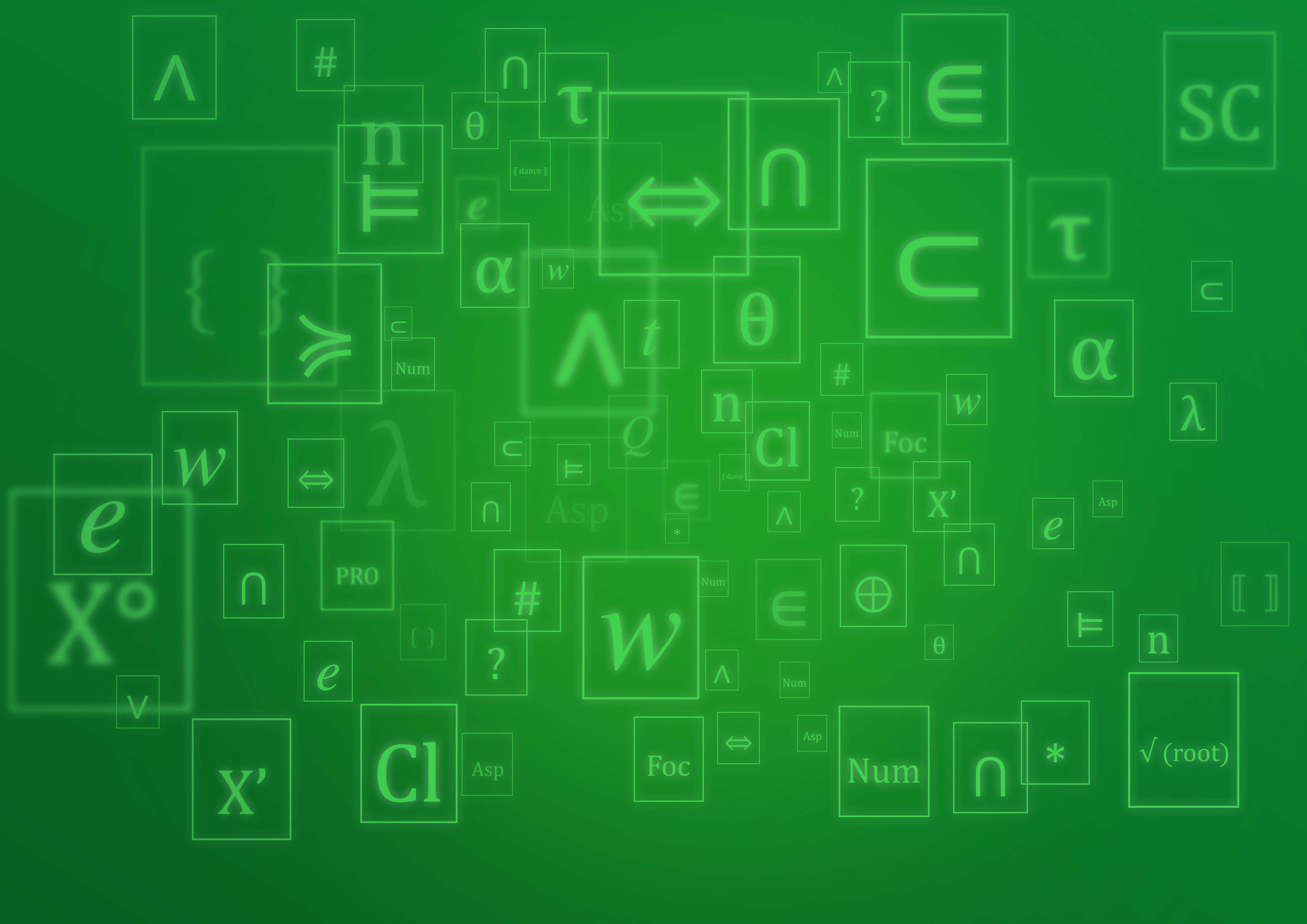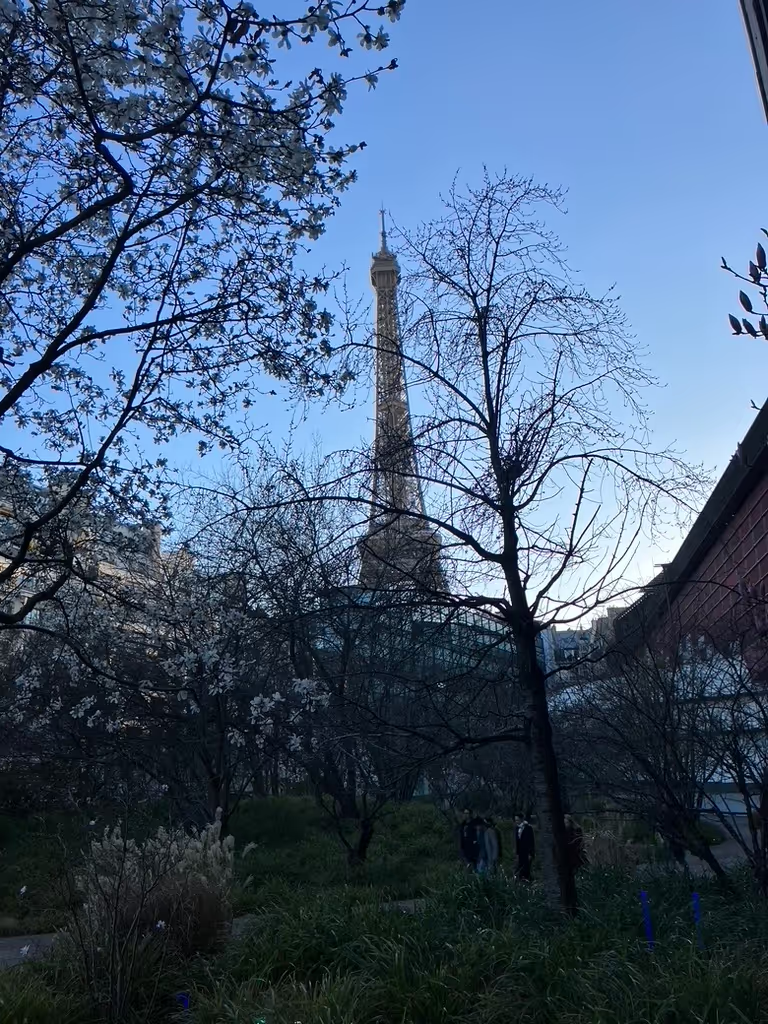
The semantics of indefinites has proven to be a fruitful field of research in formal semantics. While indefinites were classically analysed as quantified expressions, in the 1980s, Kamp and Heim showed that the discourse properties of indefinites were at odds with this analysis, proposing dynamic semantic models to explain the discourse potential of indefinites.
In the last 20 years the study of focus phenomena and of the semantics of questions led to a renewed interest in alternative-based semantics. In this context, research on polarity items and free choice phenomena has flourished. More recently, a growing body of research has addressed the analysis of epistemic indefinites, examining implicatures of indifference, ignorance and plurality contributed by certain indefinites.
Call for Papers:
We invite contributions on any aspect of the semantics of indefinites, including but not limited to the following questions:
- What are the relationships between polarity-sensitivity, free choice items and indefinites?
- What are the discourse properties of different types of indefinites?
- How is the distribution of indefinites impacted by the existence of definite alternatives?
- How do indefinites interact with information structure?
- What is the variation found among epistemic indefinites?
- What distinguishes weak indefinites from strong indefinites? How do indefinites differ from weak definites and bare nouns?
- What is the diachronic development of indefinites?
- How do different notions of (non)specificity and (in)definiteness play out in different languages?
Invited speakers:
Julia Pozas Loyo (Colegio de México)
Carmen Dobrovie-Sorin (LLF, CNRS & Paris Cité)
Lucia Tovena (LLF, U. Paris Cité)

